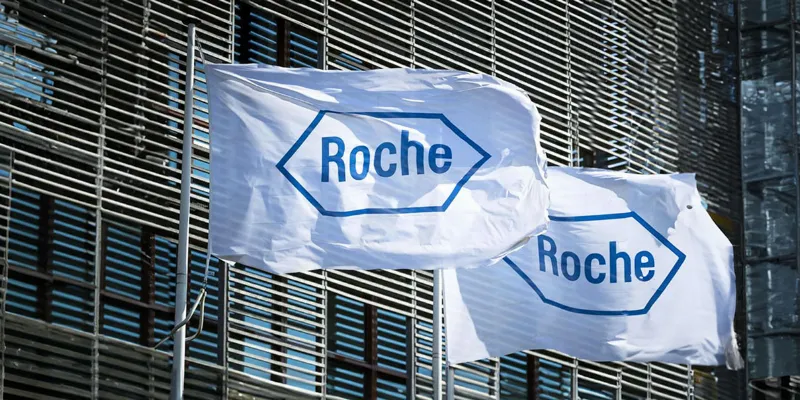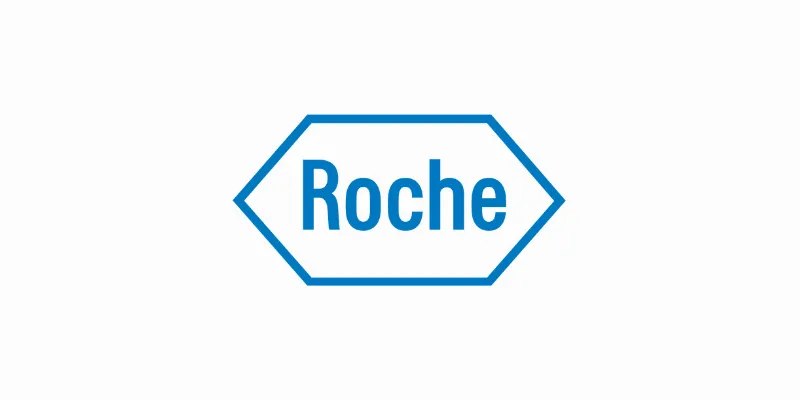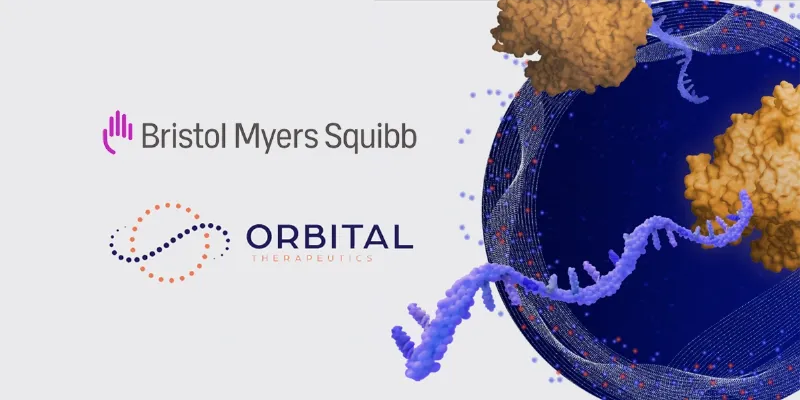Roche's Strong Entry into Obesity Market Through $2.7 B Acquisition of Carmot

4 December 2023
Swiss pharmaceutical giant Roche is making a bold move into the obesity and diabetes drug market with its acquisition of California-based biotech company Carmot Therapeutics. The $2.7 billion deal places Roche in competition with the leaders of the obesity drug market, Eli Lilly and Novo Nordisk.
In a historic step that could reshape the landscape of obesity treatment, Roche, well-known for its cancer drugs, has announced its entry into the obesity and diabetes drug market with the acquisition of Carmot Therapeutics. This strategic move, puts Roche in the race alongside industry leaders Eli Lilly and Novo Nordisk, who have pioneered weight loss medications Wegovy and Zepbound.
Under the terms of the agreement, Roche will make an upfront payment of USD 2.7 billion, along with the potential for additional milestone payments of up to USD 400 million. The acquisition of Carmot Therapeutics brings Roche a valuable portfolio of clinical-stage drugs, including three promising drugs for obesity, with two of them in Phase 2 trials that target insulin-boosting hormones GLP-1 and GIP.
“Obesity is a heterogeneous disease, which contributes to many other diseases that together comprise a significant health burden worldwide. By combining Carmot’s portfolio with programs in our Pharmaceuticals pipeline and our Diagnostics expertise and portfolio of products across cardiovascular and metabolic diseases, we are aiming to improve the standard of care and positively impact patients’ lives,” said Thomas Schinecker, CEO Roche Group.
Roche Joins the Obesity Drug Chase
Roche's foray into the obesity drug market is a significant development. Historically recognized for its expertise in cancer treatment, Roche now makes its mark in the obesity sector, an area that has gained immense traction thanks to the success of drugs like Wegovy and Zepbound. These medications have fueled a race among pharmaceutical giants, many of whom are developing their own obesity treatments or securing partnerships with promising startups.

Roche's Chief Medical Officer, Levi Garraway, commented on the acquisition,
“We are encouraged by the clinical data for the lead asset CT-388, which demonstrated substantial weight loss in Phase 1b. These data suggest the potential for a differentiated profile to treat obesity and its associated diseases. The broad Carmot portfolio offers different routes of administration and opportunities to develop combination therapies that treat obesity and potentially other indications.”
Carmot Therapeutics brings to Roche a trio of drugs that are currently undergoing human trials for obesity. Two of these drugs, in Phase 2 clinical trials, target insulin-boosting hormones known as GLP-1 and GIP. These hormones, similar to those targeted by Zepbound, offer potential treatment options for individuals with or without Type 2 diabetes. Early data from a small trial conducted by Carmot have shown promise, positioning them as strong contenders in the obesity medication space.
Moreover, Carmot Therapeutics has a daily treatment in mid-stage testing for Type 1 diabetes and an oral treatment in Phase 1. Roche believes that all three of these drugs have the potential to be "best in class" and could have applications beyond obesity, potentially extending to the treatment of eye or brain diseases.
A Strategic Move in a Fragmented Market
The acquisition of Carmot Therapeutics by Roche is expected to be completed in the first quarter of 2024, subject to customary closing conditions and regulatory approvals. Upon closure, Roche will have exclusive access to Carmot's innovative Chemotype Evolution discovery platform in metabolism, strengthening its research and development efforts across cardiovascular and metabolic diseases.
A Look at Carmot's Portfolio
Roche's acquisition of Carmot Therapeutics includes access to three key clinical-stage assets:
- CT-388: This Phase-2 ready drug is a dual GLP-1/GIP receptor agonist designed to treat obesity in patients with and without type 2 diabetes. Administered subcutaneously once a week, it shows potential as both a standalone treatment and for use in combination therapy to enhance weight loss and address other indications.
- CT-996: An oral, small molecule GLP-1 receptor agonist currently in Phase-1 testing, CT-996 is intended to treat obesity in patients with and without type 2 diabetes.
- CT-868: In Phase-2 testing, CT-868 is a once-daily subcutaneous injectable, dual GLP-1/GIP receptor agonist. It is aimed at treating type 1 diabetes patients with overweight or obesity.
About Carmot Therapeutics
Carmot Therapeutics, based in Berkeley, California, is a clinical-stage biotechnology company dedicated to advancing therapeutics for metabolic diseases, including obesity and diabetes. With a team of around 70 professionals, Carmot harnesses expertise in metabolic biology to develop a diverse pipeline. Notable candidates include CT-388, a weekly subcutaneous dual GLP-1/GIP receptor agonist; CT-996, a daily oral small molecule GLP-1 receptor agonist; and CT-868, a daily subcutaneous dual GLP-1/GIP receptor agonist. These compounds offer potential breakthroughs in treating metabolic diseases, with more in preclinical development.











Comments
No Comments Yet!